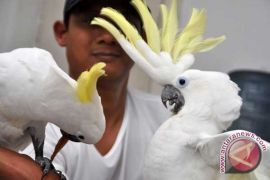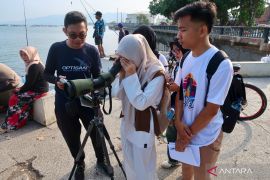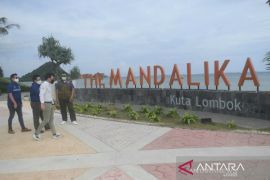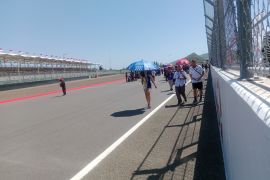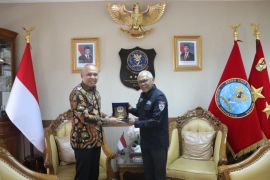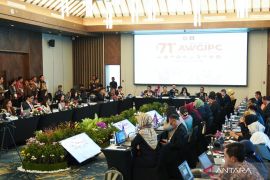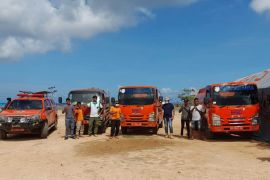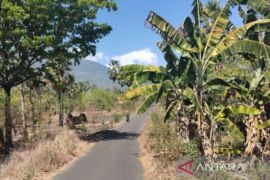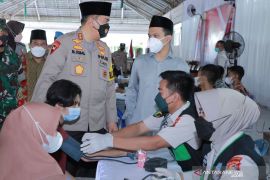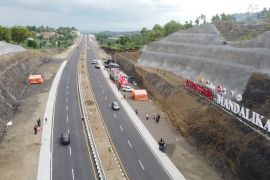Saleh Amin, scientific advisor for the Indonesian bird enthusiasts community Paruh Bengkok Indonesia, stated that West Nusa Tenggara possesses substantial potential as an ecotourism destination for specialized birdwatching activities.
"Once a year, we can encounter the brown storm petrel. This bird originates from southern coastal regions, such as Australia," he explained during the Lombok Bird Walk activity at Ampenan beach, Mataram city, West Nusa Tenggara, on Sunday.
The brown storm petrel (Oceanites oceanicus), a small seabird native to the southern hemisphere, migrates to warmer regions like West Nusa Tenggara in search of food sources during the winter months in its native habitat.
Saleh explained that the winter season forces food sources into hibernation as an adaptation to extreme environmental conditions. This limited availability of food during winter compels seabirds and shorebirds to migrate to tropical climates.
"When it’s cold, most food sources hibernate, leading to reduced activity and making it difficult for birds to find sustenance; consequently, they migrate here," he explained.
Saleh further explained that 300 bird species have been identified in West Nusa Tenggara, with approximately 50 of these being migratory birds. This includes raptors from Siberia and China, which typically arrive around October.
Saleh emphasized that development strategies prioritizing ecological aspects must be carefully considered. This includes providing ample green open spaces that serve as natural habitats for diverse flora and fauna, thereby helping to maintain ecosystem balance.
Related news: Developing birdwatching as Jayapura's priority tourism
Related news: East Asian and Australasia countries discuss bird migration
Translator: Arie Novarina
Editor: Azis Kurmala
Copyright © ANTARA 2025

